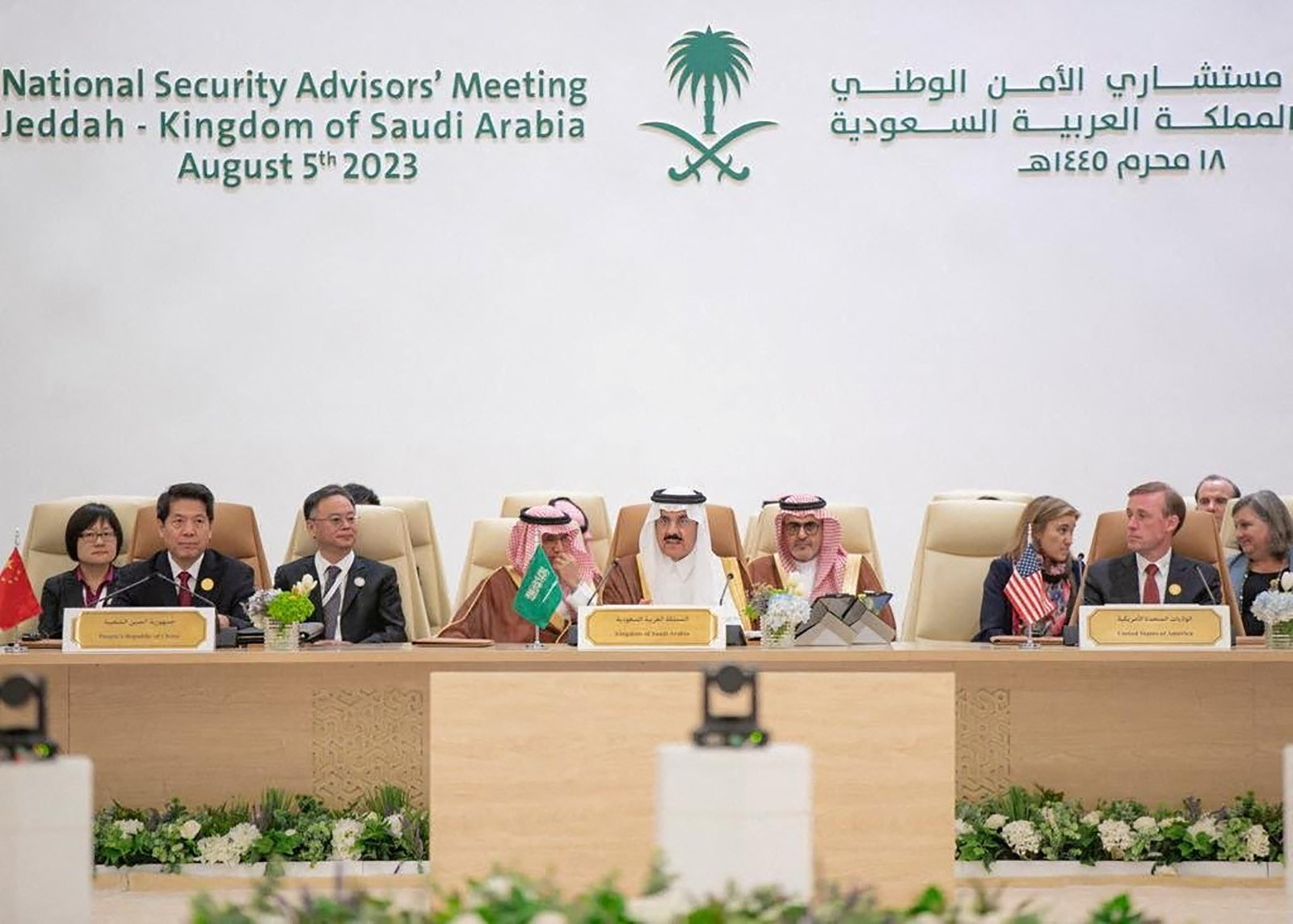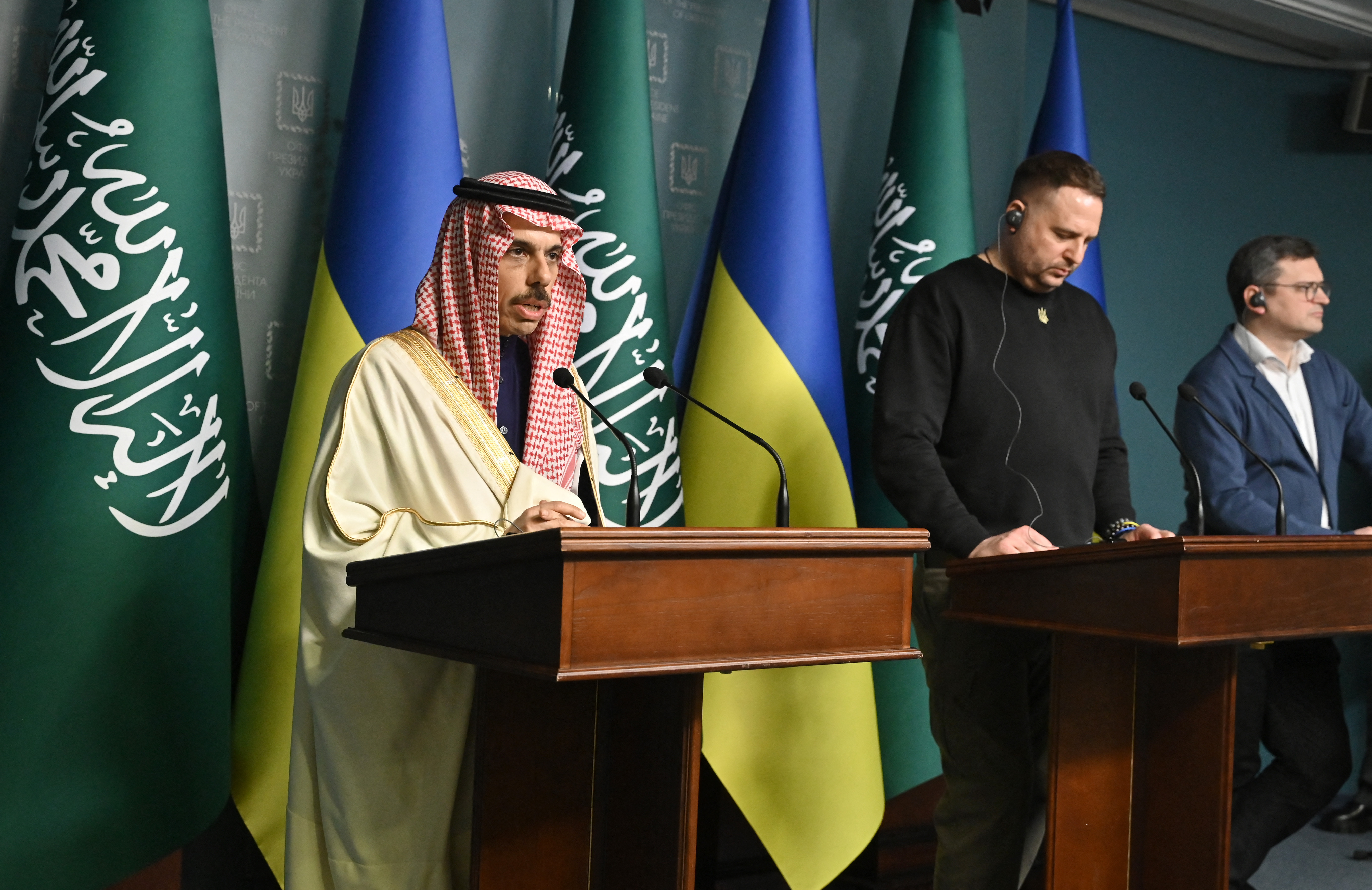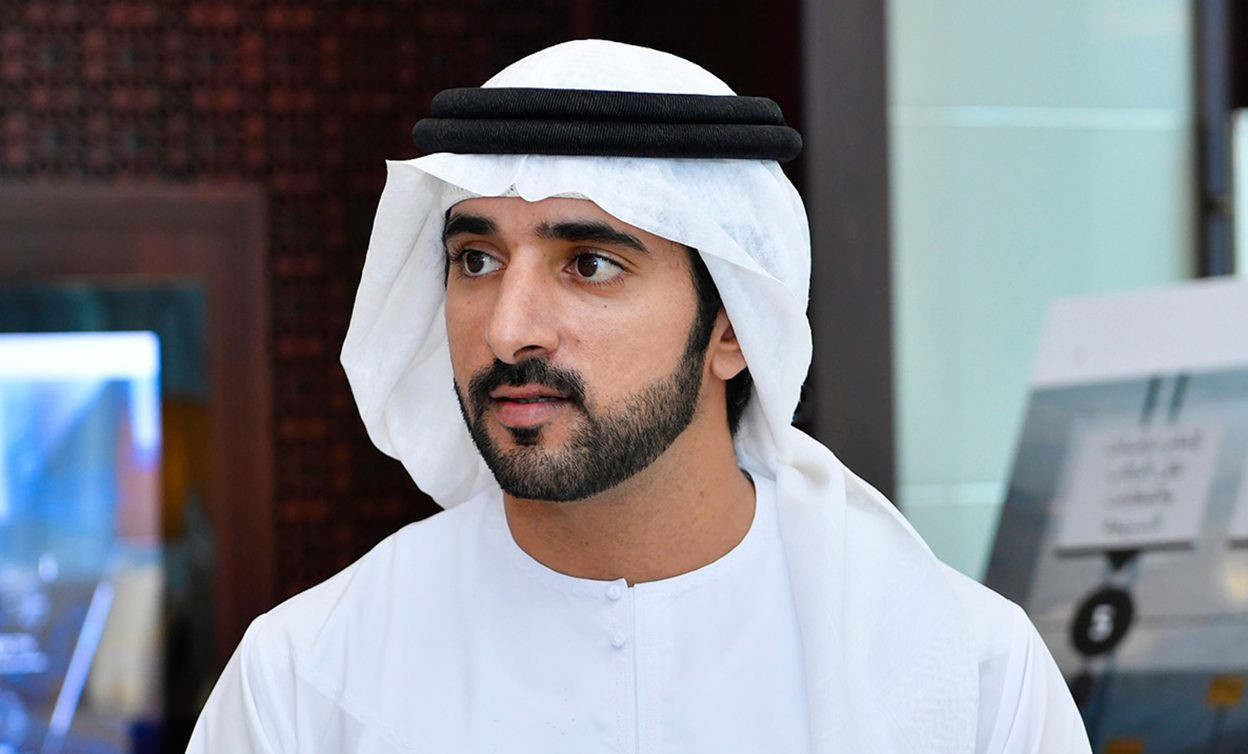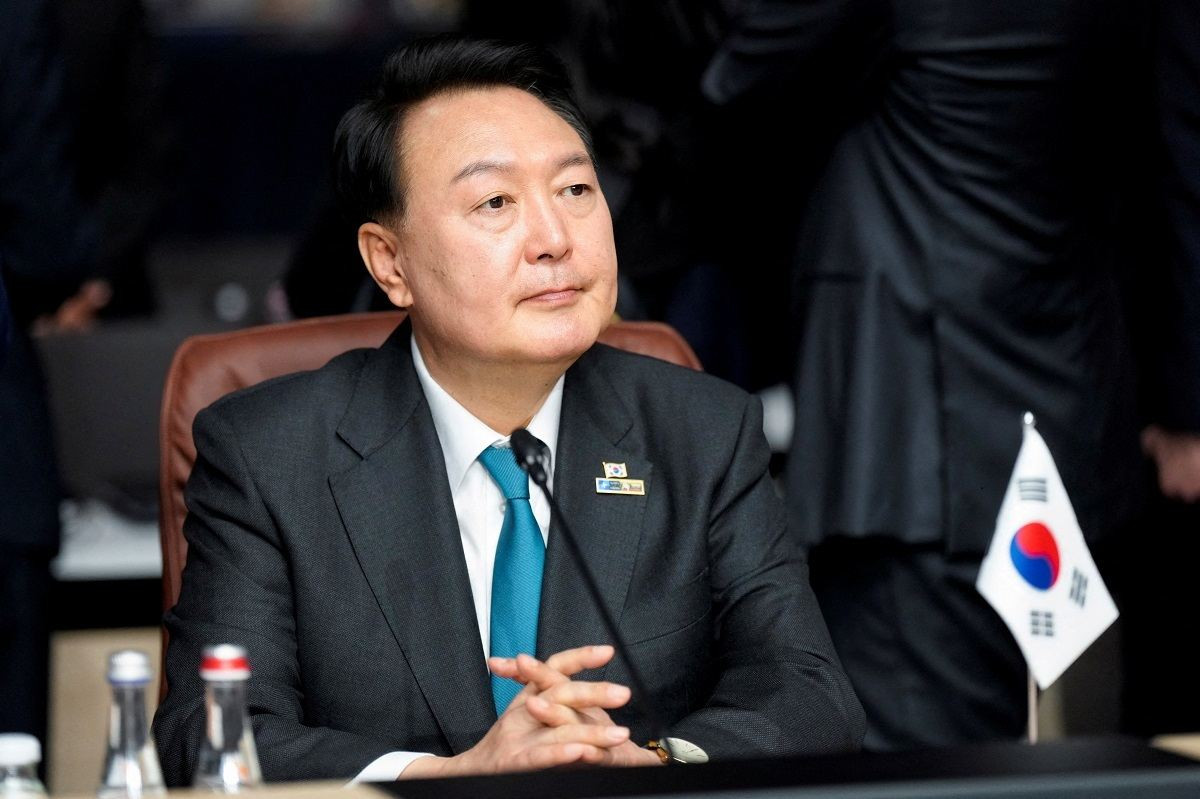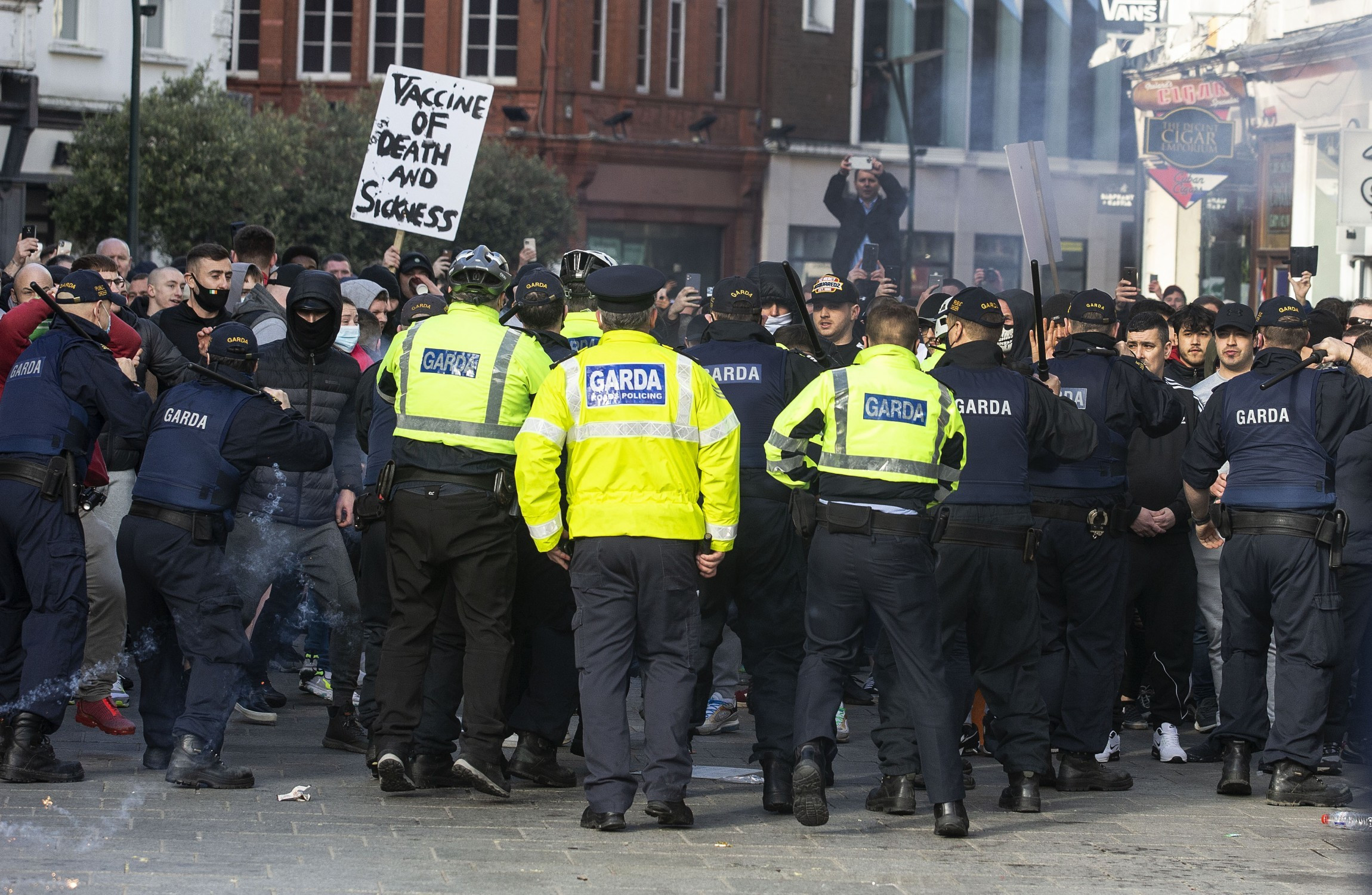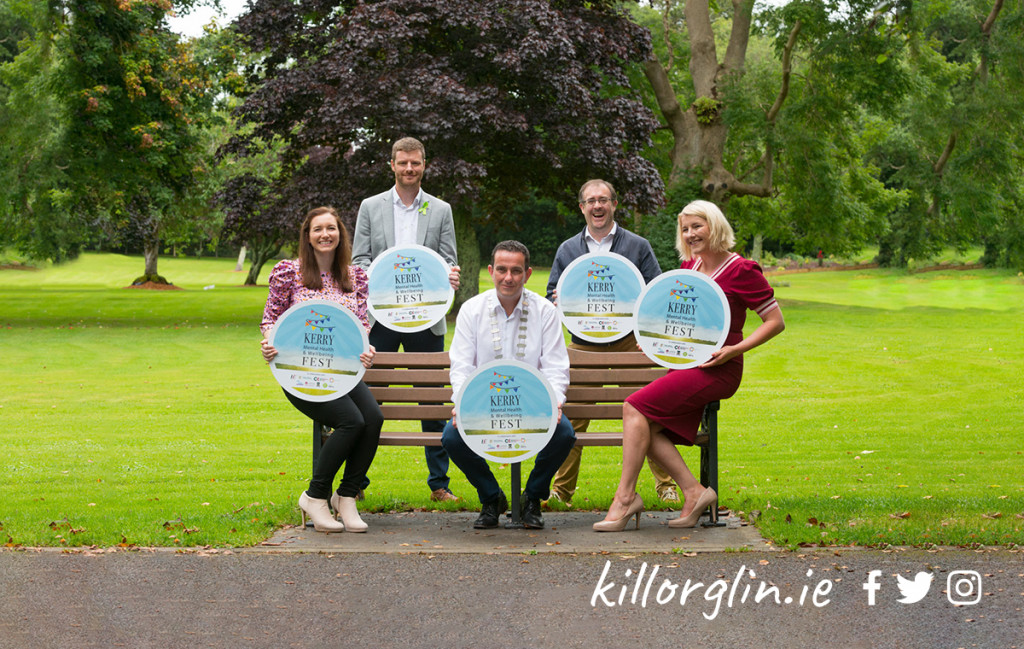Landmark US-Russia Talks in Saudi Arabia: A Potential Breakthrough for Ukraine Peace?
The Saudi Arabian capital, Riyadh, played host to a momentous event on Tuesday – a high-level meeting between US and Russian officials, marking the first such encounter in three years. This four-hour summit, focused on charting a path towards ending the devastating conflict in Ukraine, has sent ripples of hope and apprehension across the globe. The talks, held without Ukrainian representatives present, immediately sparked controversy and debate.
A First Step Towards Peace?
US Secretary of State Marco Rubio expressed cautious optimism following the meeting, stating that Russia demonstrated a willingness to engage in a “serious process” to resolve the conflict. He emphasized the need for a “fair, enduring, and sustainable” agreement, one that is acceptable to all parties involved, including Ukraine and European partners. Mr. Rubio's statement reflects the White House’s desire for a swift resolution to the war.
This sentiment was echoed by US National Security Advisor Mike Waltz, who highlighted the pragmatic need to discuss territorial issues and security guarantees for Ukraine. He underscored the necessity of achieving a permanent end to the conflict, emphasizing that temporary ceasefires have proven insufficient in the past. The practical reality of discussing territorial concessions highlights the complexities and challenges in achieving a lasting peace agreement.
However, the optimism was tempered by Russia’s simultaneous hardening of its stance. Russian Foreign Minister Sergey Lavrov reiterated Moscow’s refusal to accept NATO troop deployment in Ukraine, regardless of the flag under which they operate, adding another layer of complexity to an already intricate negotiation. This underscores the deep-seated mistrust between the two sides and the challenges that lie ahead.
A Controversial Meeting
The exclusion of Ukraine from these initial talks has generated significant concerns and criticism, particularly from Ukrainian President Volodymyr Zelenskyy. He firmly declared that Kyiv would not recognize any agreements made without its direct involvement. Mr. Zelenskyy's statement reflects a crucial aspect of the conflict – the right of Ukraine to self-determination and to be directly involved in any decisions impacting its sovereignty and future.
Even before the meeting, the decision was criticized by President Donald Trump. He dismissed Ukraine's complaints suggesting that Ukraine should have avoided initiating the conflict and should be less resistant to concessions. This perspective further underscores the divisions and competing interests at play. Trump’s approach stands in contrast to the views expressed by many European allies, who have voiced concerns about the possibility of a deal that ignores Ukraine's interests and rewards Russia for its aggression.
Economic Incentives and Geopolitical Realignment
Beyond the immediate focus on the cessation of hostilities, the talks also touched upon the broader issue of restoring US-Russia relations. Mr. Lavrov indicated a strong interest in lifting economic sanctions imposed on Moscow, suggesting that improved relations would necessitate this action. Mr. Rubio, however, remained non-committal on the prospect of easing sanctions, highlighting the continued complexity of addressing these long-standing geopolitical concerns. The prospect of lifting economic sanctions on Russia is a sensitive point, given the magnitude of these sanctions and their intended role in deterring further Russian aggression.
Russia's perspective, as articulated by Mr. Lavrov, emphasizes the need for a reorganisation of European defense agreements, a long-standing demand of Moscow that views NATO as an existential threat. This viewpoint underscores the deeper geopolitical context of the conflict and the potential for significant shifts in the European security landscape. The desire for economic normalization underscores the potential for significant economic benefits to both countries, if successful.
Concerns from Allies
The discussions between US and Russian officials have also raised concerns among European leaders. An emergency meeting of European leaders was convened in Paris a day before the Riyadh talks, yet the leaders struggled to present a united front. This highlights the divisions within the European Union and underscores the difficulties of coordinating a collective response. This underlines the crucial importance of maintaining a strong, coordinated approach among European nations and between Europe and the US.
Furthermore, some European leaders are already discussing the deployment of peacekeepers to Ukraine, while others express the opinion that this is a premature discussion. The swift diplomatic exchanges, initiated by a phone call between Presidents Trump and Putin just six days prior, have raised alarms in Ukraine and other European capitals that a hasty deal could jeopardize their security interests.
The Road Ahead: A Cautiously Optimistic Outlook
Despite the complexities and concerns, the Riyadh meeting represents an important first step towards ending the war in Ukraine. The agreement to establish high-level teams to work on a path towards a lasting peace provides a framework for continued dialogue. This framework must fully include Ukraine and its allies in subsequent discussions to assure a legitimate and sustainable peace settlement. The path towards peace will undoubtedly be long and arduous, demanding compromise and mutual understanding from all sides.
The US State Department's spokesperson, Tammy Bruce, characterized the meeting as an “important step forward,” emphasizing the commitment to a conflict resolution that is “enduring, sustainable, and acceptable to all sides.” This underscores the shared recognition of the need for a comprehensive and lasting solution that addresses not only the immediate cessation of hostilities but also the underlying geopolitical issues that fuel the conflict.
The success of these diplomatic efforts will depend on the willingness of all parties to engage in good faith, to find common ground, and to prioritize a peaceful resolution that respects the sovereignty and security of Ukraine. The hope is that this marks a turning point, leading to meaningful negotiations that will ultimately bring peace to Ukraine and stability to the region. The upcoming months will be critical in determining whether these initial talks translate into substantive progress towards a just and lasting peace.




